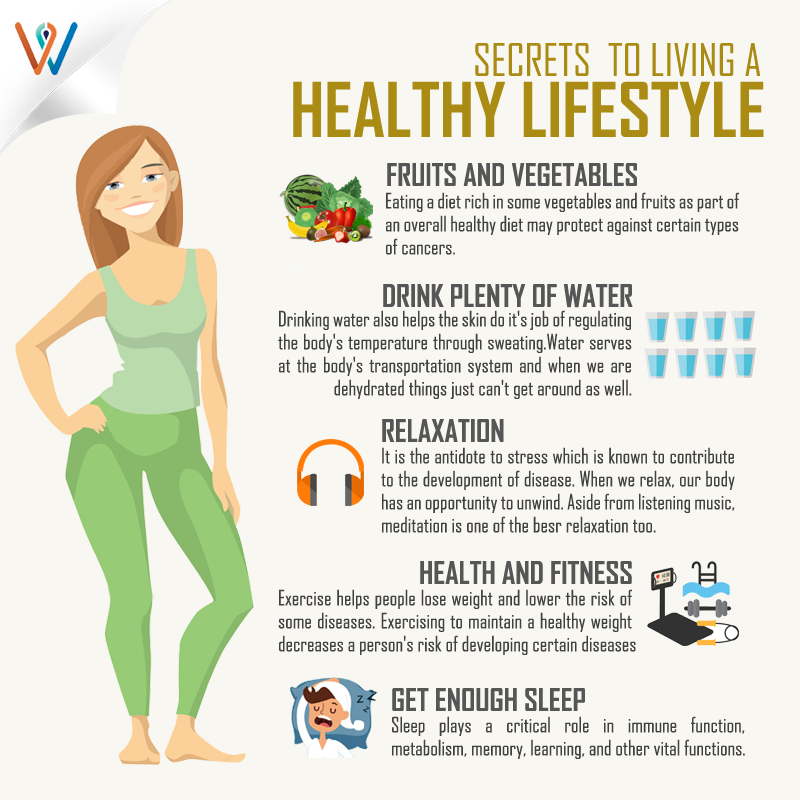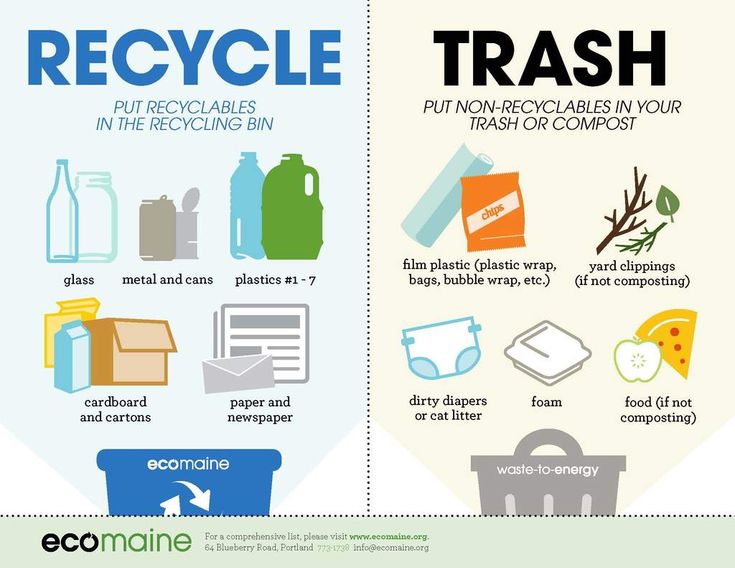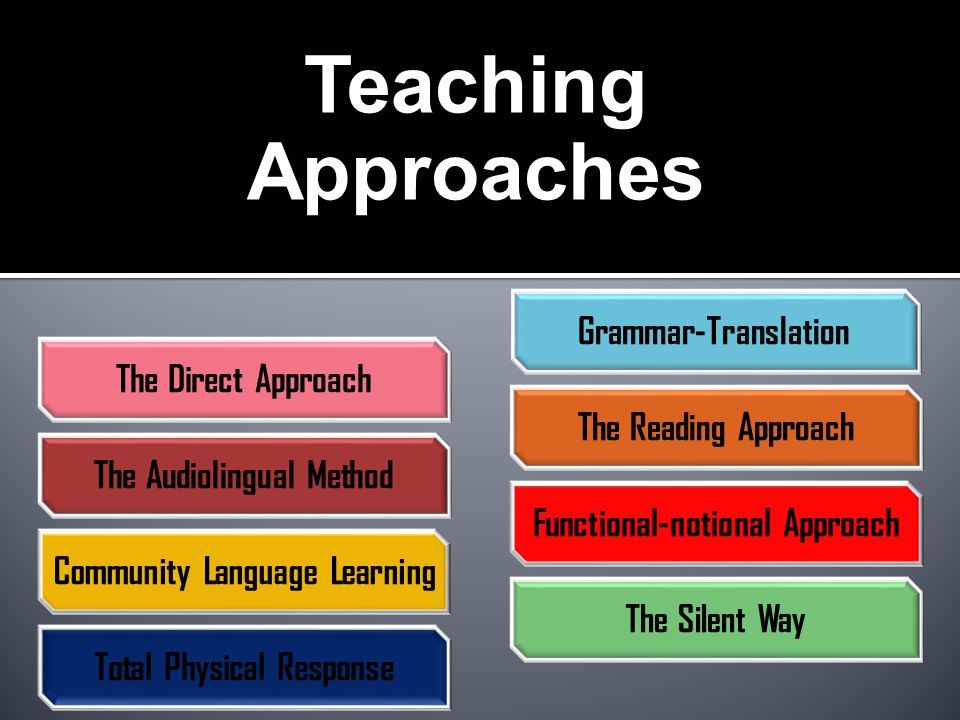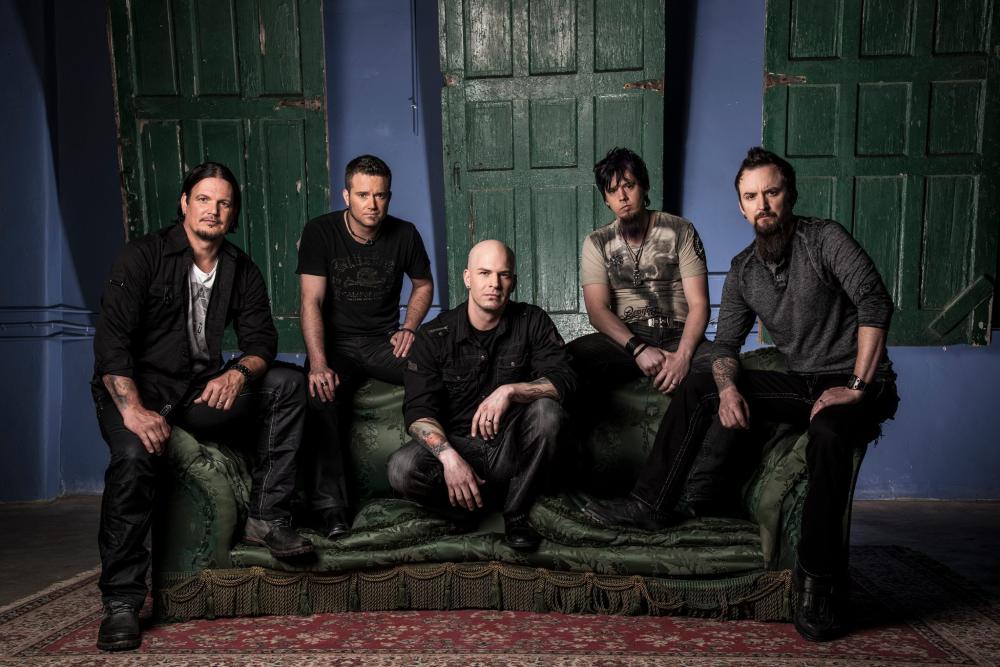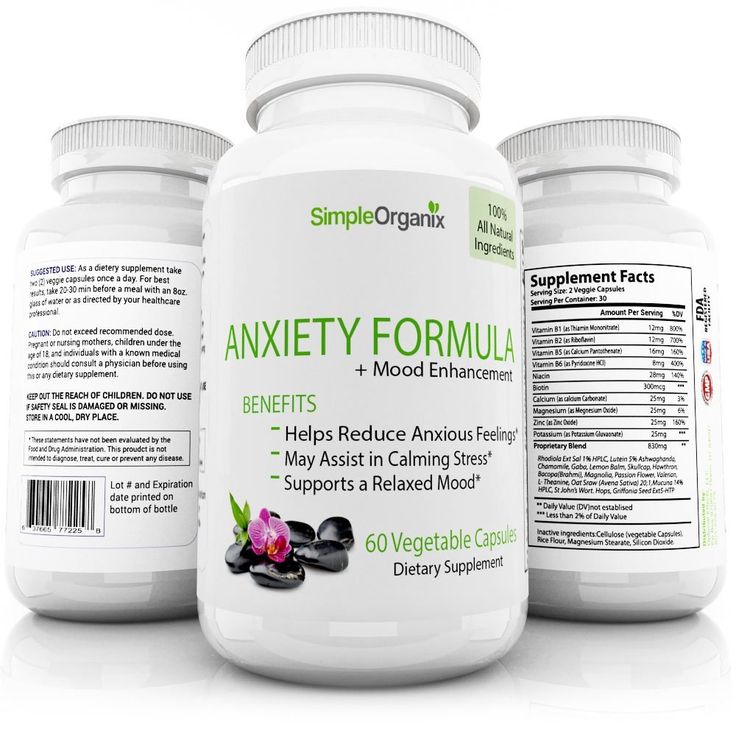Secret to a healthy relationship
The 10 Secrets of Happy and Healthy Relationships
Want to feel more connected with your partner? Here’s what it takes to build a healthy relationship.
If you’re questioning, “How can I make my relationship happy?” know that happy relationships aren’t attributed to luck. It takes continual effort and commitment from both parties to want to be together.
A “happy relationship” is what makes a connection thrive. It’s the common goal you each have for what you want out of your relationship.
Most healthy relationships share a few things in common. Knowing these “truths” can be the key to maintaining a long, happy relationship.
What’s the foundation for how to be happy in a relationship?
Experts agree that a solid foundation is built on communication and trust.
Neena Lall, LCSW, MPH, and Grouport therapist based in New York City, says a happy relationship is built on communication and articulating what makes you happy. “You and your partner get to decide together what a happy relationship looks like for you,” she says.
“From my time working with patients, I’ve observed that happiness in a relationship relates to balance, communication, love, and mutual respect,” says Dr. Gregory Scott Brown, psychiatrist and author of “The Self-Healing Mind.”
“Couples who are happy do disagree from time to time, but they never lose their core mutual respect for each other,” he says.
Here’s a look at some other hallmarks of happy and healthy relationships.
1. Maintain a realistic perspective of committed relationships
The feeling of butterflies in your stomach won’t last forever. “All relationships have their ups and downs,” says Brown. Expecting everything to be sunshine and roses isn’t realistic.
Angela Amias, a psychotherapist in Iowa and a nationally recognized expert on relationships, says keeping a realistic perspective helps you appreciate each moment together and helps you grow together through the hard times.
2. Continually ‘tone’ the relationship
“To tone a relationship means being intimately attuned to it and to care for it regularly, in the same way you would care for a living being,” says Amias.
You can think of it as “resistance” training. Couples may use hard times and challenges to exercise, practice, and get repetitions in to strengthen relationship fitness consistently.
3. Regularly spend time together
For relationships to grow and develop, you need to regularly spend time together. “Quality time is essential to a relationship because it nurtures the emotional (and often physical) connection,” says Rebecca Phillips, a counselor in Frisco, Texas.
It’s important to spend time together when you’re in long-distance relationships, too, says Phillips.
Austin, Texas, psychologist Krista Jordan adds, “If you live in different cities, or someone travels a lot for work, that can be just fine if you have ways of feeling connected despite not spending time together.”
Ideally, couples need to reserve space in their schedules for quality time to build positive memories, says Jordan.
4. Regularly enjoy autonomy
Spending time apart can also be an important component in a happy relationship.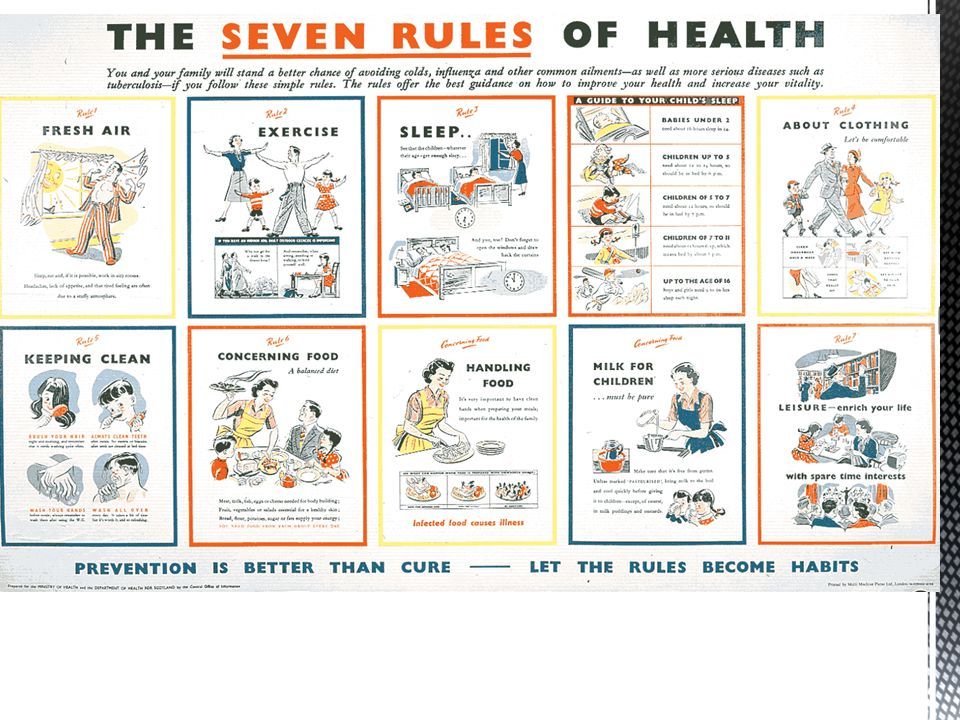 “Different couples have different needs for autonomy. As long as both partners are happy with the level of autonomy versus interdependency, there’s not a problem,” says Jordan.
“Different couples have different needs for autonomy. As long as both partners are happy with the level of autonomy versus interdependency, there’s not a problem,” says Jordan.
“Time apart can nurture a relationship by infusing novelty, or it can just feel lonely,” Jordan explains. “Each couple needs to discuss this openly and make sure that the right balance is being struck.”
5. Appreciate each other’s differences
Being around someone different from you can be healthy for your relationship, Jordan says.
“Try to ask yourself what the upside could possibly be to how your partner is different,” she adds. “Challenge yourself to see it as a plus, at least in certain situations.”
6. Don’t expect (or try to force) a partner to change
“You can’t force your partner to change, but you can communicate how you feel,” says Brown. The only person you can change is yourself.
Brown explains that effectively communicating with your partner will help your partner make a conscious decision to change on their own.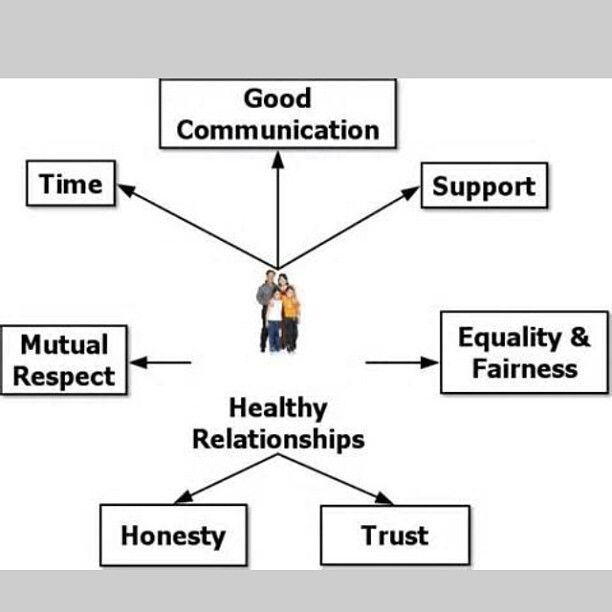
Omar Ruiz, a marriage and family therapist in Wellesley, Massachusetts, agrees with Brown and says people in relationships can influence their partner.
“Someone who is into fitness and health can’t force their partner to hold the same passion toward it, but their consistency and drive toward living a healthier lifestyle can certainly influence their partner to consider making adjustments to their well-being,” explains Ruiz.
7. Pick your battles
Conflict can be a part of a healthy, committed relationship. But it’s also important to accept that some battles cannot be won.
“Ask yourself, ‘Will this matter in 10 years?’ If the answer is no, then let it go,” Jordan says. It’s just not worth stressing about the small stuff, she adds.
8. Be connoisseurs of communication and listening techniques
Communication is the key to all relationships, and if you cannot communicate effectively with your partner, your voice will not be heard, says Ruiz.
Phillips suggests learning effective communication strategies to use during conflicts.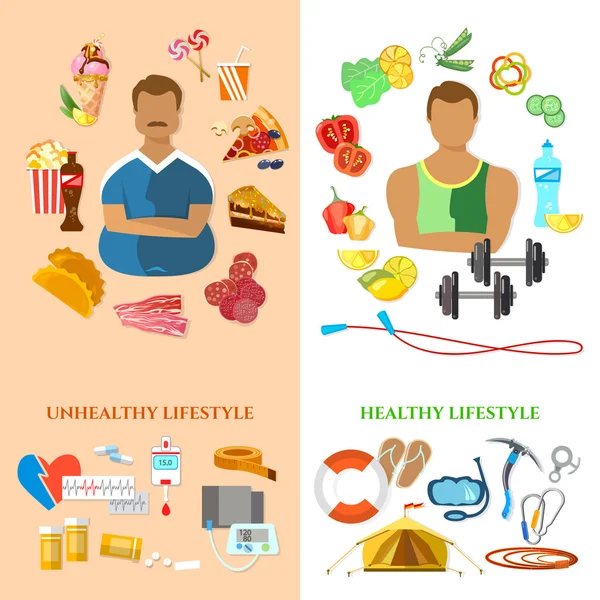
9. Savor honesty
“Honestly is actually the bedrock of intimacy,” says Jordan. [To] feel deeply connected with someone you can’t withhold information or tell lies.
When talking about honesty, “it helps us feel more deeply loved when our partner knows us and all of our flaws,” Jordan says.
10. Outward signs of internal respect for each partner
Offering your partner respect every day shows them that they can trust you and that you’re worth investing in, says Jordan.
“Taking your partner’s feelings and opinions into account and making accommodations for them is a great way to show outward signs of respect,” Phillips says.
John Gottman, author of “The Seven Principles for Making Marriage Work,” says a healthy relationship includes partners who:
- don’t take themselves too seriously (can laugh at themselves) and respond to “repair attempts” after fights
- each use “we” more than “I” when talking about their relationship
Here are a few more signs you might notice in happy relationships, according to our experts. Each partner:
Each partner:
- actively plans and does things they know makes the other happy
- don’t publicly question another’s choices
- demonstrates compromise
Strong, healthy relationships can add immensely to your quality of life and benefit your mental health too, by:
- fortifying your overall mental wellness and self-esteem
- providing in-house partner support
- lower anxiety and depression symptoms
- increasing empathy
- increasing optimism and hope in romantic partnerships
Building a happy, healthy relationship takes effort and commitment, along with a mutual desire to want to be together. According to experts, the foundation of being happy in a relationship is built on communication and trust.
Relationship experts agree there are many qualities that happy relationships have in common. From spending quality time together to picking your battles, happy couples take time to put in the work.
Feeling supported and emotionally safe are just a few signs of happy relationships. Having a strong foundation can also benefit your mental health too.
Having a strong foundation can also benefit your mental health too.
If you’re worried about your relationship, a therapist can offer you guidance on what might help. Consider speaking with a licensed professional if your relationship seems too overwhelming to handle as a couple.
The 10 Secrets of Happy and Healthy Relationships
Want to feel more connected with your partner? Here’s what it takes to build a healthy relationship.
If you’re questioning, “How can I make my relationship happy?” know that happy relationships aren’t attributed to luck. It takes continual effort and commitment from both parties to want to be together.
A “happy relationship” is what makes a connection thrive. It’s the common goal you each have for what you want out of your relationship.
Most healthy relationships share a few things in common. Knowing these “truths” can be the key to maintaining a long, happy relationship.
What’s the foundation for how to be happy in a relationship?
Experts agree that a solid foundation is built on communication and trust.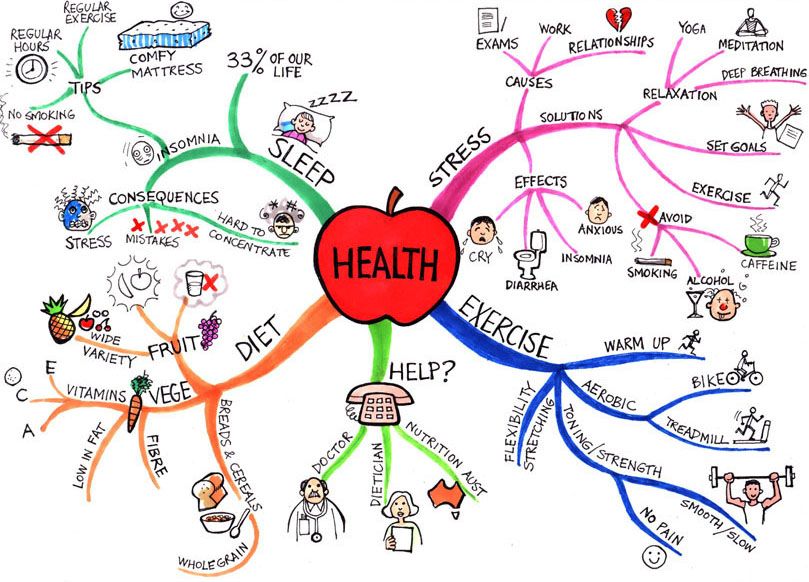
Neena Lall, LCSW, MPH, and Grouport therapist based in New York City, says a happy relationship is built on communication and articulating what makes you happy. “You and your partner get to decide together what a happy relationship looks like for you,” she says.
“From my time working with patients, I’ve observed that happiness in a relationship relates to balance, communication, love, and mutual respect,” says Dr. Gregory Scott Brown, psychiatrist and author of “The Self-Healing Mind.”
“Couples who are happy do disagree from time to time, but they never lose their core mutual respect for each other,” he says.
Here’s a look at some other hallmarks of happy and healthy relationships.
1. Maintain a realistic perspective of committed relationships
The feeling of butterflies in your stomach won’t last forever. “All relationships have their ups and downs,” says Brown. Expecting everything to be sunshine and roses isn’t realistic.
Angela Amias, a psychotherapist in Iowa and a nationally recognized expert on relationships, says keeping a realistic perspective helps you appreciate each moment together and helps you grow together through the hard times.
2. Continually ‘tone’ the relationship
“To tone a relationship means being intimately attuned to it and to care for it regularly, in the same way you would care for a living being,” says Amias.
You can think of it as “resistance” training. Couples may use hard times and challenges to exercise, practice, and get repetitions in to strengthen relationship fitness consistently.
3. Regularly spend time together
For relationships to grow and develop, you need to regularly spend time together. “Quality time is essential to a relationship because it nurtures the emotional (and often physical) connection,” says Rebecca Phillips, a counselor in Frisco, Texas.
It’s important to spend time together when you’re in long-distance relationships, too, says Phillips.
Austin, Texas, psychologist Krista Jordan adds, “If you live in different cities, or someone travels a lot for work, that can be just fine if you have ways of feeling connected despite not spending time together.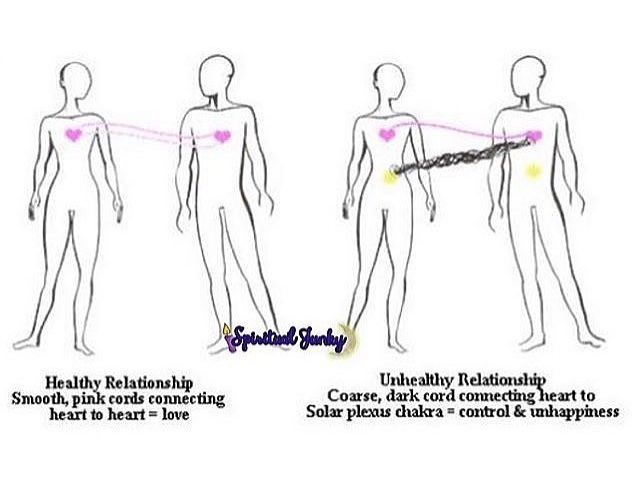 ”
”
Ideally, couples need to reserve space in their schedules for quality time to build positive memories, says Jordan.
4. Regularly enjoy autonomy
Spending time apart can also be an important component in a happy relationship. “Different couples have different needs for autonomy. As long as both partners are happy with the level of autonomy versus interdependency, there’s not a problem,” says Jordan.
“Time apart can nurture a relationship by infusing novelty, or it can just feel lonely,” Jordan explains. “Each couple needs to discuss this openly and make sure that the right balance is being struck.”
5. Appreciate each other’s differences
Being around someone different from you can be healthy for your relationship, Jordan says.
“Try to ask yourself what the upside could possibly be to how your partner is different,” she adds. “Challenge yourself to see it as a plus, at least in certain situations.”
6. Don’t expect (or try to force) a partner to change
“You can’t force your partner to change, but you can communicate how you feel,” says Brown.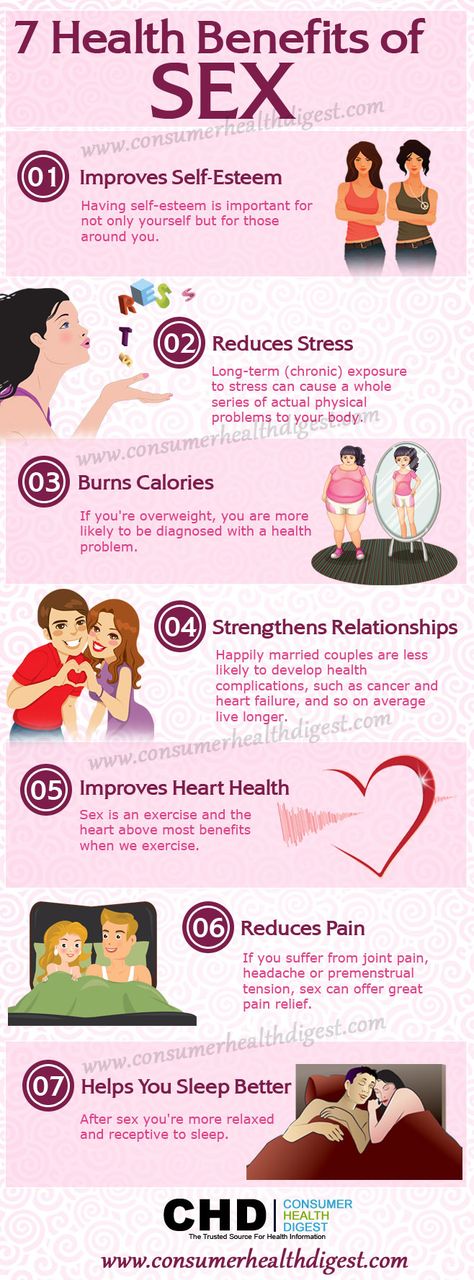 The only person you can change is yourself.
The only person you can change is yourself.
Brown explains that effectively communicating with your partner will help your partner make a conscious decision to change on their own.
Omar Ruiz, a marriage and family therapist in Wellesley, Massachusetts, agrees with Brown and says people in relationships can influence their partner.
“Someone who is into fitness and health can’t force their partner to hold the same passion toward it, but their consistency and drive toward living a healthier lifestyle can certainly influence their partner to consider making adjustments to their well-being,” explains Ruiz.
7. Pick your battles
Conflict can be a part of a healthy, committed relationship. But it’s also important to accept that some battles cannot be won.
“Ask yourself, ‘Will this matter in 10 years?’ If the answer is no, then let it go,” Jordan says. It’s just not worth stressing about the small stuff, she adds.
8. Be connoisseurs of communication and listening techniques
Communication is the key to all relationships, and if you cannot communicate effectively with your partner, your voice will not be heard, says Ruiz.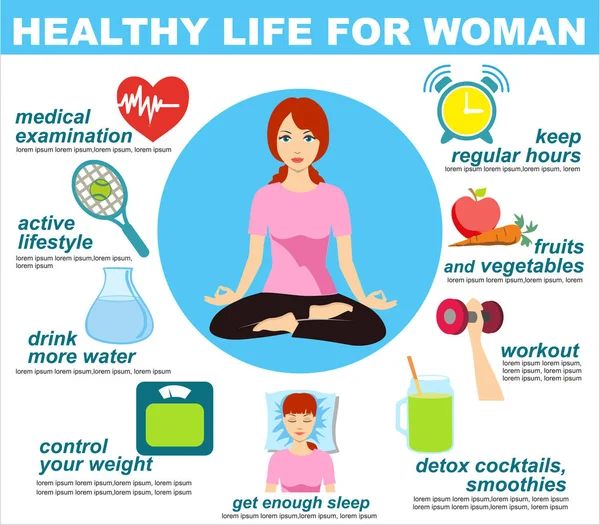
Phillips suggests learning effective communication strategies to use during conflicts.
9. Savor honesty
“Honestly is actually the bedrock of intimacy,” says Jordan. [To] feel deeply connected with someone you can’t withhold information or tell lies.
When talking about honesty, “it helps us feel more deeply loved when our partner knows us and all of our flaws,” Jordan says.
10. Outward signs of internal respect for each partner
Offering your partner respect every day shows them that they can trust you and that you’re worth investing in, says Jordan.
“Taking your partner’s feelings and opinions into account and making accommodations for them is a great way to show outward signs of respect,” Phillips says.
John Gottman, author of “The Seven Principles for Making Marriage Work,” says a healthy relationship includes partners who:
- don’t take themselves too seriously (can laugh at themselves) and respond to “repair attempts” after fights
- each use “we” more than “I” when talking about their relationship
Here are a few more signs you might notice in happy relationships, according to our experts.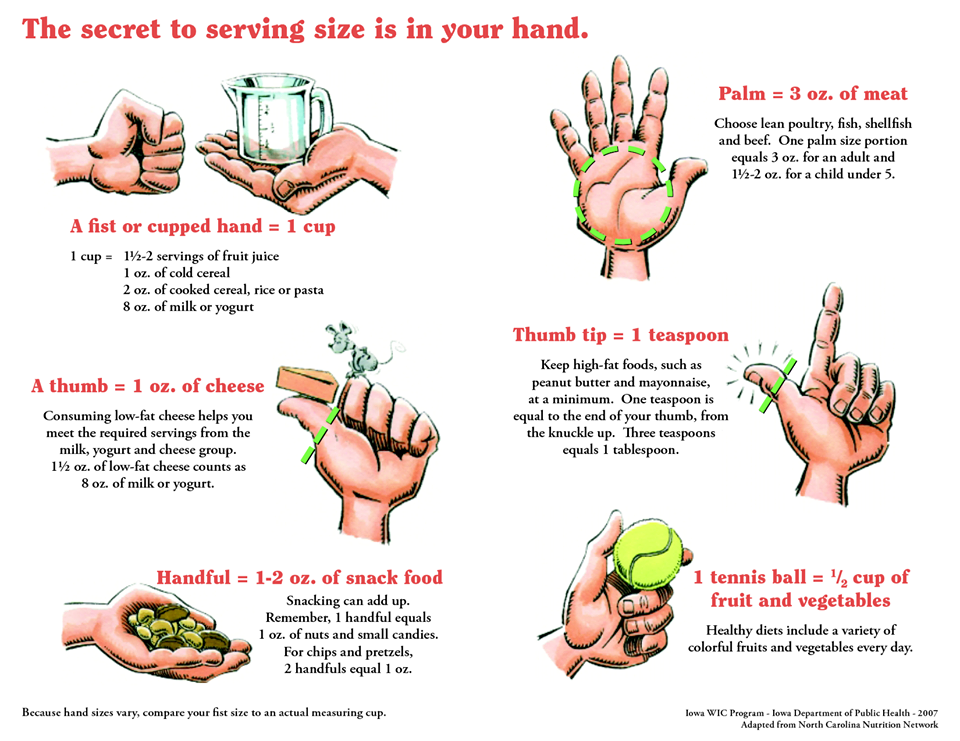 Each partner:
Each partner:
- actively plans and does things they know makes the other happy
- don’t publicly question another’s choices
- demonstrates compromise
Strong, healthy relationships can add immensely to your quality of life and benefit your mental health too, by:
- fortifying your overall mental wellness and self-esteem
- providing in-house partner support
- lower anxiety and depression symptoms
- increasing empathy
- increasing optimism and hope in romantic partnerships
Building a happy, healthy relationship takes effort and commitment, along with a mutual desire to want to be together. According to experts, the foundation of being happy in a relationship is built on communication and trust.
Relationship experts agree there are many qualities that happy relationships have in common. From spending quality time together to picking your battles, happy couples take time to put in the work.
Feeling supported and emotionally safe are just a few signs of happy relationships. Having a strong foundation can also benefit your mental health too.
Having a strong foundation can also benefit your mental health too.
If you’re worried about your relationship, a therapist can offer you guidance on what might help. Consider speaking with a licensed professional if your relationship seems too overwhelming to handle as a couple.
9 rules for healthy relationships | PSYCHOLOGIES
58,363
Man and woman Relationship crisis
1. They are not shy about praising their partner in public
“Happy spouses do not get tired of praising each other in front of friends, children, relatives and even colleagues,” explains psychologist and coach Samantha Rodman.
In unhealthy relationships, partners often criticize each other in conversations with others. Simple phrases like “My husband can fix everything” or “My wife cooks the best meals in the world” help maintain a close bond between partners. nine0003
2. They always make time for each other
“In a strong relationship, partners find time every day to spend time together,” says psychotherapist Kurt Smith.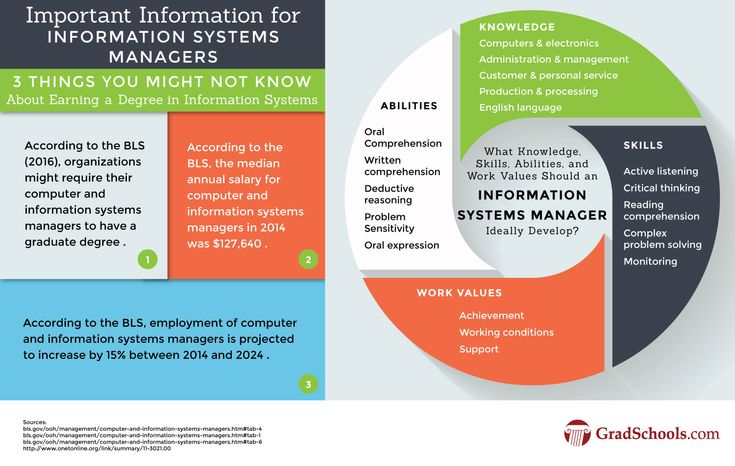 “For example, they walk the dog together, talk for a long time when the children fall asleep, or watch TV shows together.”
“For example, they walk the dog together, talk for a long time when the children fall asleep, or watch TV shows together.”
3. They laugh easily and often
“My husband and I laugh at something every now and then,” says psychologist Marie Land. “We can’t be depressed for long, because one of us will definitely say or do something to cheer both of us up. Of course, sometimes you can not do without serious conversations. But for those couples who try not to take life too seriously and laugh more often, it is easier to build a healthy relationship.” nine0003
4. They value each other's virtues
“I see couples constantly complaining about each other endlessly,” explains family counselor and psychotherapist Aaron Anderson. - Most often, we are talking about the most common problems that almost all couples face. In a healthy relationship, partners do not focus on problems and complaints, but first of all pay attention to the positive sides of each other and do not hesitate to exchange compliments.
5. They know how to put themselves in their partner's shoes
"This helps them overcome the lack of understanding that sometimes arises in any relationship," says couples therapist Kari Carroll. “Empathy is good for resolving any conflicts, and those of my clients who have it can say to their partner: “I can’t agree with you here, but I can understand why you felt this way (a).” At the same time, the partner feels that he is being carefully listened to, understood and appreciated. nine0003
6. They always tell their partner when they get home
“It's not uncommon for relationship problems to arise because one spouse doesn't understand what the other is doing or feels like they're being ignored,” counsels psychologist Samantha Rodman. . “A simple call or text message to let your partner know when you’re back from work or a meeting with friends/girlfriends will help him or her stop worrying about it and strengthen your relationship even more.”
7. They never stop flirting
“Flirting is a great way to show your partner that you love and have some fun on top of that,” says Aaron Anderson.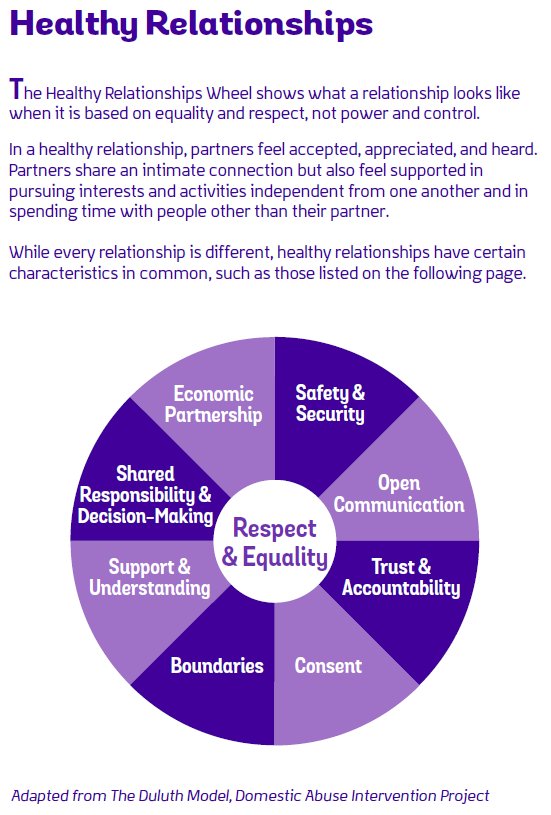 - Without it, relationships become gray and boring. In a healthy relationship, partners continue to flirt with each other even years later.”
- Without it, relationships become gray and boring. In a healthy relationship, partners continue to flirt with each other even years later.”
8. They know how to sort things out honestly
“Even during the conflict, spouses do not scold each other with the last words and labels,” explains psychotherapist Kurt Smith. - I often hear how partners are not shy about making caustic comments and hurtful remarks, and then dismiss that they were "just kidding." In a healthy relationship, partners always treat each other with love and respect.” nine0003
9. They know how to forgive
“Partners are able to admit their mistakes, apologize and leave what happened in the past,” adds psychologist Marie Land. "Recent disagreements don't lead to emotional separation from each other and don't stop them from having a good time together."
Text: Nikolai Protsenko Photo Source: Getty Images
New on the site
“I failed my exams and went from the soul of the company to an introvert. What happened with me?"
What happened with me?"
“I can't stand my husband's bullying anymore. How to get away from him? nine0003
Scientists have found out who is looking for casual sex on dating sites
“Partner masturbates”: is it worth worrying — analysis with sexologists
How to detect breast cancer in the early stages
How does a love affair break? A new scientific approach to romantic relationships
Stolen embryos: Russian women paid millions for motherhood, but were left with nothing
“From the age of 13 I dressed in women's clothes, learned how to make up and take care of myself. What happened with me?" nine0003
12 signs of a healthy relationship | PSYCHOLOGIES
210,607
Man and woman Sex Relationship crisis
1. Love and care
The most important thing in a healthy relationship is sincere mutual love. Partners take care of each other both in words and in deeds, constantly demonstrating that they value and love each other.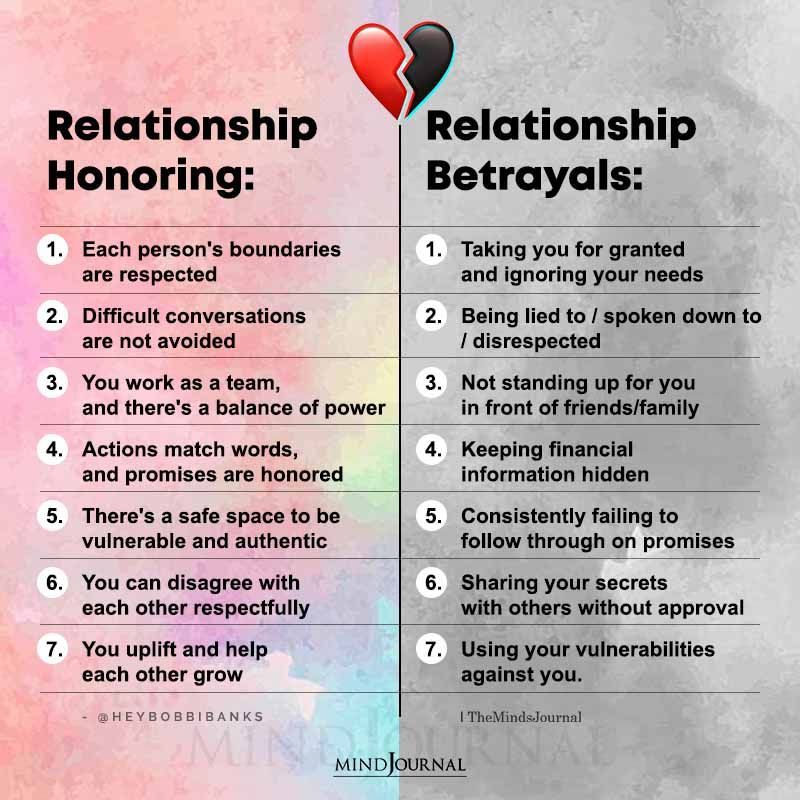
2. Honesty
In a healthy relationship, partners do not lie to each other and do not hide the truth. Such relationships are transparent, there is no place for deceit in them. nine0003
3. Willingness to accept a partner as he is
You must have heard that you should not start a relationship hoping to change your partner over time. Whether it's a very serious problem like a drug addiction or something small like not washing the dishes all the time, if you expect him or her to behave differently, you're likely to be disappointed.
Yes, people can and do change, but they themselves must want it. You cannot force your partner to change, no matter how much you love them. nine0003
4. Respect
Mutual respect means that partners consider each other's feelings and treat their partner the way they would like to be treated. Respect allows you to exclude situations when it seems to one of the partners that the second one puts pressure on him or tries to manipulate him.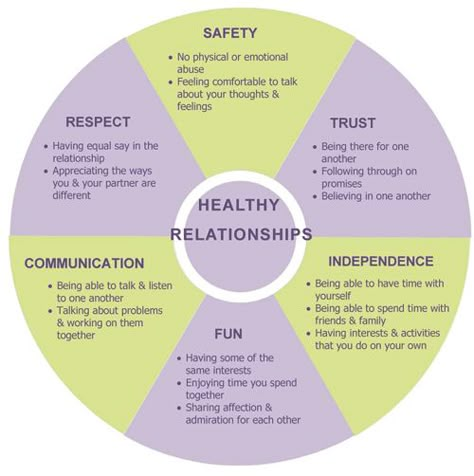 They are ready to listen to each other and respect the point of view of their partner.
They are ready to listen to each other and respect the point of view of their partner.
5. Mutual assistance
Partners have common goals. They don't try to put spokes in each other's wheels, they don't compete, they don't try to "beat" each other. Instead, mutual assistance and mutual support reign in the relationship. nine0003
6. Physical and emotional security
Partners do not feel wary or tense in each other's presence. They know that they can rely on a partner in any situation. They do not have to fear that their partner can hit them, yell at them, force them to do something they do not want, manipulate them, humiliate them or shame them.
7. Mutual openness
A sense of security allows you to fully open up to your partner, which, in turn, makes the relationship of partners deeper. They know they can share their deepest thoughts and secrets without fear of judgment. nine0003
8. Support for the partner's individuality
Healthy attachment of partners to each other does not prevent them from setting their own goals in life and achieving them. They have personal time and personal space. They support each other, are proud of each other, and are interested in each other's hobbies and passions.
They have personal time and personal space. They support each other, are proud of each other, and are interested in each other's hobbies and passions.
9. Coincidence of expectations
When the expectations of partners differ greatly in terms of relationships, very often one of them is disappointed. It is important that the expectations of both are realistic and close to each other. nine0003
This concerns a variety of issues: how often they have sex, how they celebrate holidays, how much time they spend together, how they share household chores, and so on. If the views of partners on these and other issues differ greatly, it is very important to discuss the differences and find a compromise.
10. Willingness to forgive
In any relationship, partners happen to misunderstand each other and hurt each other - this is inevitable. If the “guilty” partner sincerely regrets what happened and really changes his behavior, he should be forgiven. If partners do not know how to forgive, over time, relationships will collapse under the weight of accumulated grievances. nine0003
nine0003
11. Willingness to discuss any conflicts and contradictions
It is easy to talk to your partner when everything is going well, but it is much more important to be able to constructively discuss any conflicts and grievances. In healthy relationships, partners always have the opportunity to tell each other what they are unhappy with or offended or disagree with - but in a respectful way.
They do not avoid conflicts and do not pretend that nothing happened, but discuss and resolve contradictions.
12. The ability to enjoy each other and life
Yes, building relationships is hard work, but they should also bring joy. Why do we need a relationship if the partners are not happy with each other's company, if they cannot laugh together, have fun and generally have a good time?
Remember that in a relationship, each of the partners not only takes something, but also gives. You have the right to expect your partner to comply with all of these rules, but you yourself must comply.